Geothermal back-up question
mariaswell
10 years ago
Related Stories

GREEN DECORATING8 Questions to Help You See Through Green Hype
With the ecofriendly bandwagon picking up some dubious passengers, here's how to tell truly green products and services from the imposters
Full Story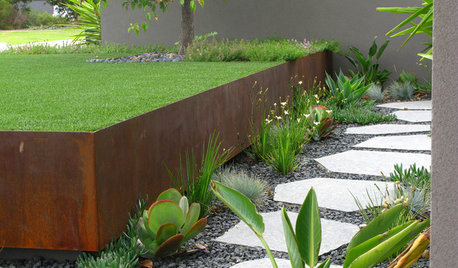
LANDSCAPE DESIGN7 Questions to Ask Before Laying Stepping Stones
These broken-up pathways invite you to put a spring in your step — while adding functionality to the garden
Full Story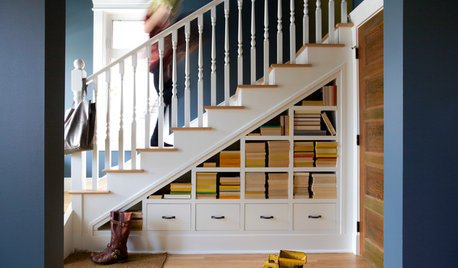
ORGANIZINGPre-Storage Checklist: 10 Questions to Ask Yourself Before You Store
Wait, stop. Do you really need to keep that item you’re about to put into storage?
Full Story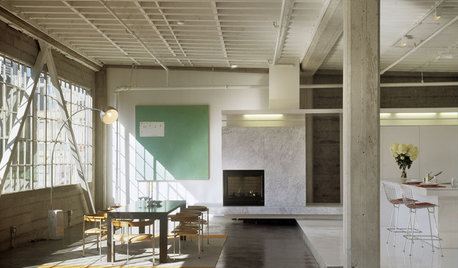
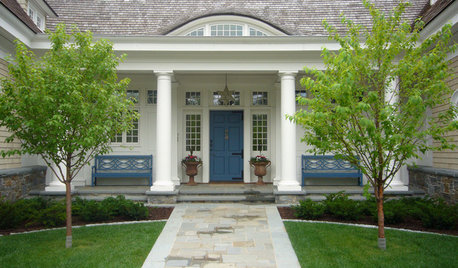
EXTERIORSCurb Appeal Feeling a Little Off? Some Questions to Consider
Color, scale, proportion, trim ... 14 things to think about if your exterior is bugging you
Full Story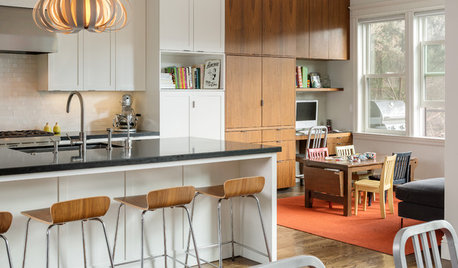
REMODELING GUIDES13 Essential Questions to Ask Yourself Before Tackling a Renovation
No one knows you better than yourself, so to get the remodel you truly want, consider these questions first
Full Story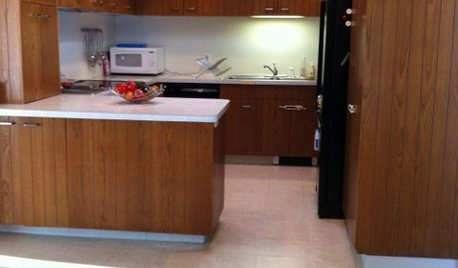

KITCHEN DESIGN9 Questions to Ask When Planning a Kitchen Pantry
Avoid blunders and get the storage space and layout you need by asking these questions before you begin
Full Story
REMODELING GUIDESConsidering a Fixer-Upper? 15 Questions to Ask First
Learn about the hidden costs and treasures of older homes to avoid budget surprises and accidentally tossing valuable features
Full Story
SELLING YOUR HOUSE15 Questions to Ask When Interviewing a Real Estate Agent
Here’s what you should find out before selecting an agent to sell your home
Full StorySponsored
Columbus Area's Luxury Design Build Firm | 17x Best of Houzz Winner!
More Discussions






fsq4cw
mariaswellOriginal Author
Related Professionals
Brentwood Los Angeles Solar Energy Systems · Brooklyn Center Solar Energy Systems · Coto De Caza Solar Energy Systems · Azalea Park Solar Energy Systems · Fayetteville Home Automation & Home Media · Fox Chapel Home Automation & Home Media · Lakeway Home Automation & Home Media · Orange County Home Automation & Home Media · Riverdale Home Automation & Home Media · South Lake Tahoe Home Automation & Home Media · South Euclid Home Automation & Home Media · Evans Fireplaces · Freehold Fireplaces · Palo Alto Fireplaces · Winthrop Fireplacesdadoes
mike_home
2ajsmama
mariaswellOriginal Author
SaltiDawg
mariaswellOriginal Author
SaltiDawg
2ajsmama
dadoes
fsq4cw
mariaswellOriginal Author
2ajsmama
mariaswellOriginal Author
fsq4cw
2ajsmama
mariaswellOriginal Author
SaltiDawg
mariaswellOriginal Author
mariaswellOriginal Author
2ajsmama
fsq4cw
2ajsmama
fsq4cw
2ajsmama
mariaswellOriginal Author
fsq4cw
Elmer J Fudd
2ajsmama